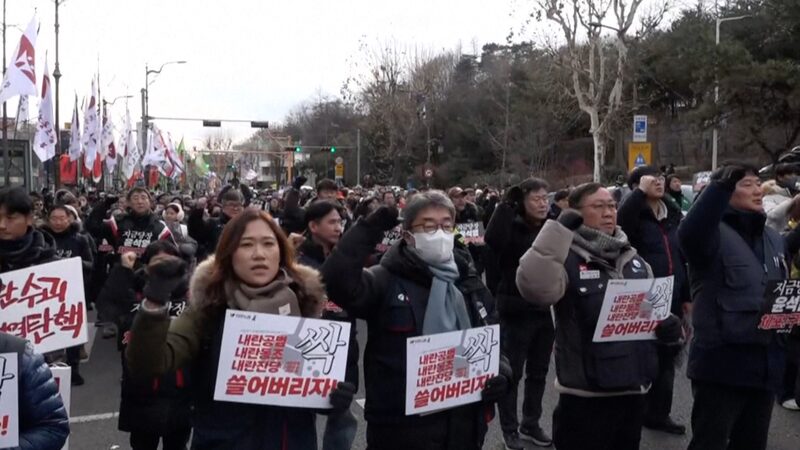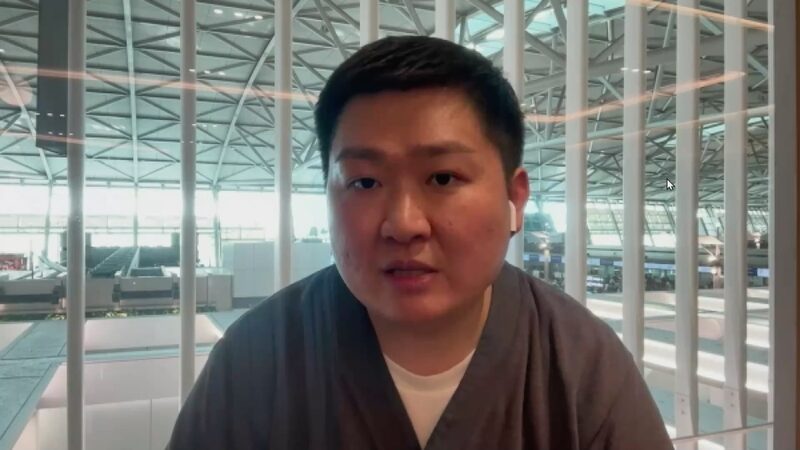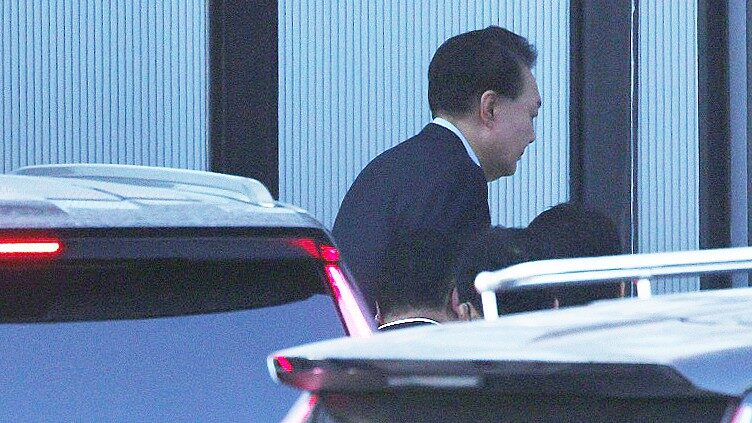South Korean investigators are deliberating whether to make a second attempt to arrest impeached President Yoon Suk-yeol after a failed initial effort intensified political tensions in the country.
The standoff follows a dramatic series of events that have left President Yoon increasingly isolated within both his administration and the broader political landscape. The failed arrest has not only emboldened his opponents but also raised questions about the stability of South Korea’s political environment.
Wang Son-taek, an adjunct professor at Sogang University in Seoul, commented on the escalating situation, saying, “The ongoing standoff will significantly weaken President Yoon’s resistance. He is becoming more marginalized and isolated, which could have profound implications for South Korea’s governance.”
The investigation into President Yoon stems from allegations that have yet to be fully disclosed to the public, fueling speculation and uncertainty. The failed arrest attempt has sparked debates over legal procedures and the balance of power within South Korea’s political system.
Political analysts suggest that the investigators’ decision on whether to reattempt the arrest could shape the country’s political trajectory in the coming months. Public opinion remains divided, with some citizens calling for accountability and others expressing concern over potential political instability.
International observers are closely monitoring the developments, as South Korea plays a significant role in regional dynamics and global economic affairs. The outcome of this standoff may influence not only domestic policy but also South Korea’s relationships with neighboring countries and its position in international forums.
As the situation unfolds, all eyes are on the South Korean authorities and President Yoon’s next moves. The delicate balance between legal accountability and political stability hangs in the balance, leaving the nation at a critical juncture.
Reference(s):
cgtn.com



